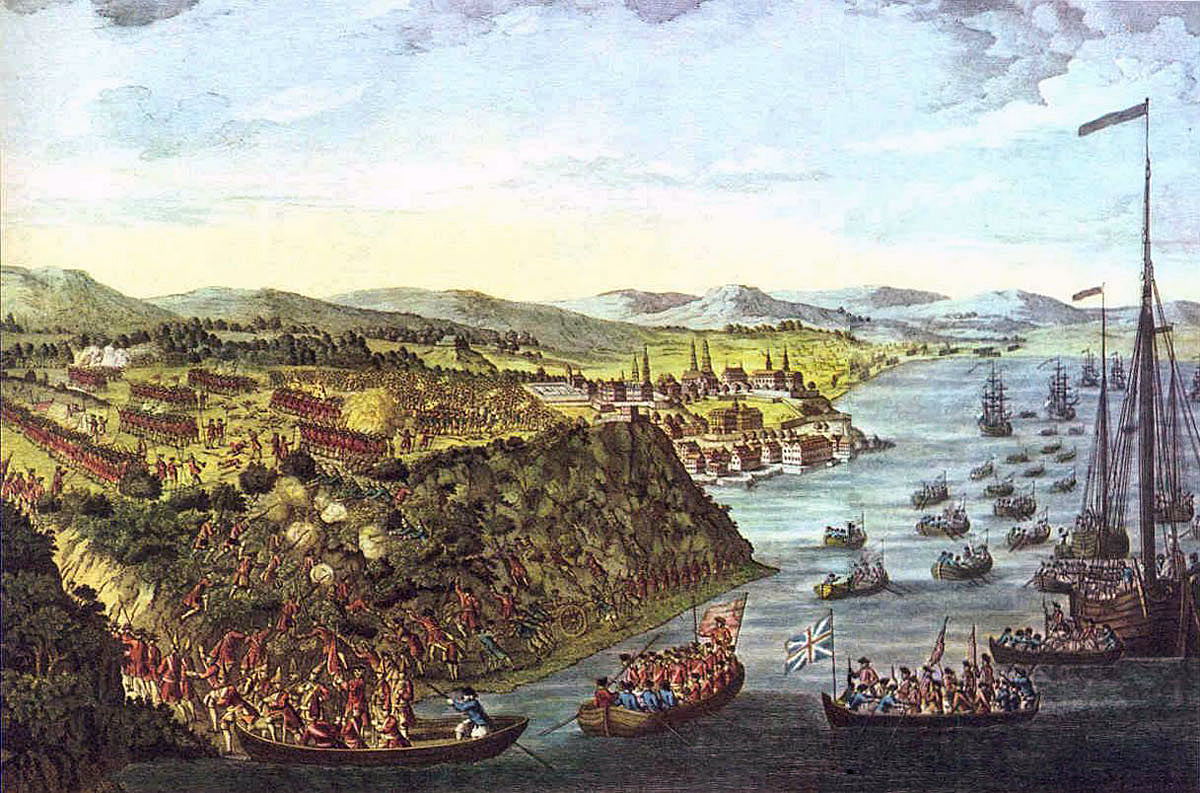About Publications Library Archives
heritagepost.org

Preserving Revolutionary & Civil War History

Preserving Revolutionary & Civil War History

The British recognized the strategic importance of New York as the focal point for communications between the northern and southern colonies. Washington also recognized this, and in April of 1776 he marched his troops from Boston to New York. He positioned his troops on the western end of Long Island in anticipation of the British arrival. The American outpost of Colonel Edward Hand’s sent word that the British were preparing to cross Long Island from Staten Island on August 22, at dawn.
There were three frigates, the Phoenix, Rose, and Greyhound, and two bomb ketches named Carcass and Thunder, in Gravesend Bay. The frigates were anchored in the Namews. British generals Cornwallis and Clinton had a force of 4,000 men that included Von Donop’s corps of jaegers and grenadiers. The force started crossing to Denyse Point and they were covered by the guns of the H.M.S. Rainbow. Two hundred men of Edward Hand’s withdrew to Prospect Hill, destroying the property and supplies that the British might use. The British boats returned to Staten Island and landed in Gravesend Bay with more then 5000 men. By noon, they had landed almost 5,000 men and about 40 cannons safely on shore.
On August 22, 1776 the British landed on Long Island. British General William Howe defeated General Charles Lee at the Battle of Long Island. This took place at Jamaica Pass in Brooklyn. The British had has lost 63 killed and 337 wounded and missing while Washington had lost about 970 men killed, wounded or missing, and 1,079 taken captive. George Washington had lost almost a quarter of his entire command.
On August 26, General Charles Lee retreated to Brooklyn Heights. The British could have won an even greater victory if General William Howe had heeded the pleas of his officers to storm the American redoubts at Brooklyn Heights. General Howe wanted to avoid another Bunker (Breed’s) Hill. He ordered his men to dig in and bring the guns into range.
When George Washington arrived on August 27, he wasted no time on blaming who lost the battle of Long Island. Remaining cool, calm, and confident , he oversaw the construction of new fortifications on Brooklyn Heights. A serendipitous downpour made further British attacks unlikely. American troops found it hard to cook their food or to keep their powder dry. On August 28, additional troops arrived to boost the number of men under his command to 9,000.
Washington realized that he had put himself in a trap. He had split his troops between Manhattan and Long Island, with the Hudson River, the East River, and Long Island Sound open to British warships and transport. Admiral Richard Howe, the brother of General Howe, could cut him off if moved the fleet from the New Jersey Shore to the East River to block movement from Long Island to Manhattan. Unfavorable winds and rains kept Admiral Howe from taking advantage of this opportunity to cut Washington off.
Rain continued to be intermittent the next day, August 29. Washington realized his position was untenable and it was time to withdraw. The seagoing soldiers of John Glover’s Marblehead [Massachusetts] Regiment noiselessly ferried Washington’s troops across the East River to Manhattan on the night of August 29. Darkness, fog, and bad weather immobilized Admiral Howe’s fleet. Washington’s cool and firm command exacted superb discipline from green troops. They remained quiet throughout the ordeal. He had kept the British high command in utter ignorance of the evacuation that he hastily ordered. When the British charged in the morning, they founded empty trenches. Washington’s army lived to fight another day.